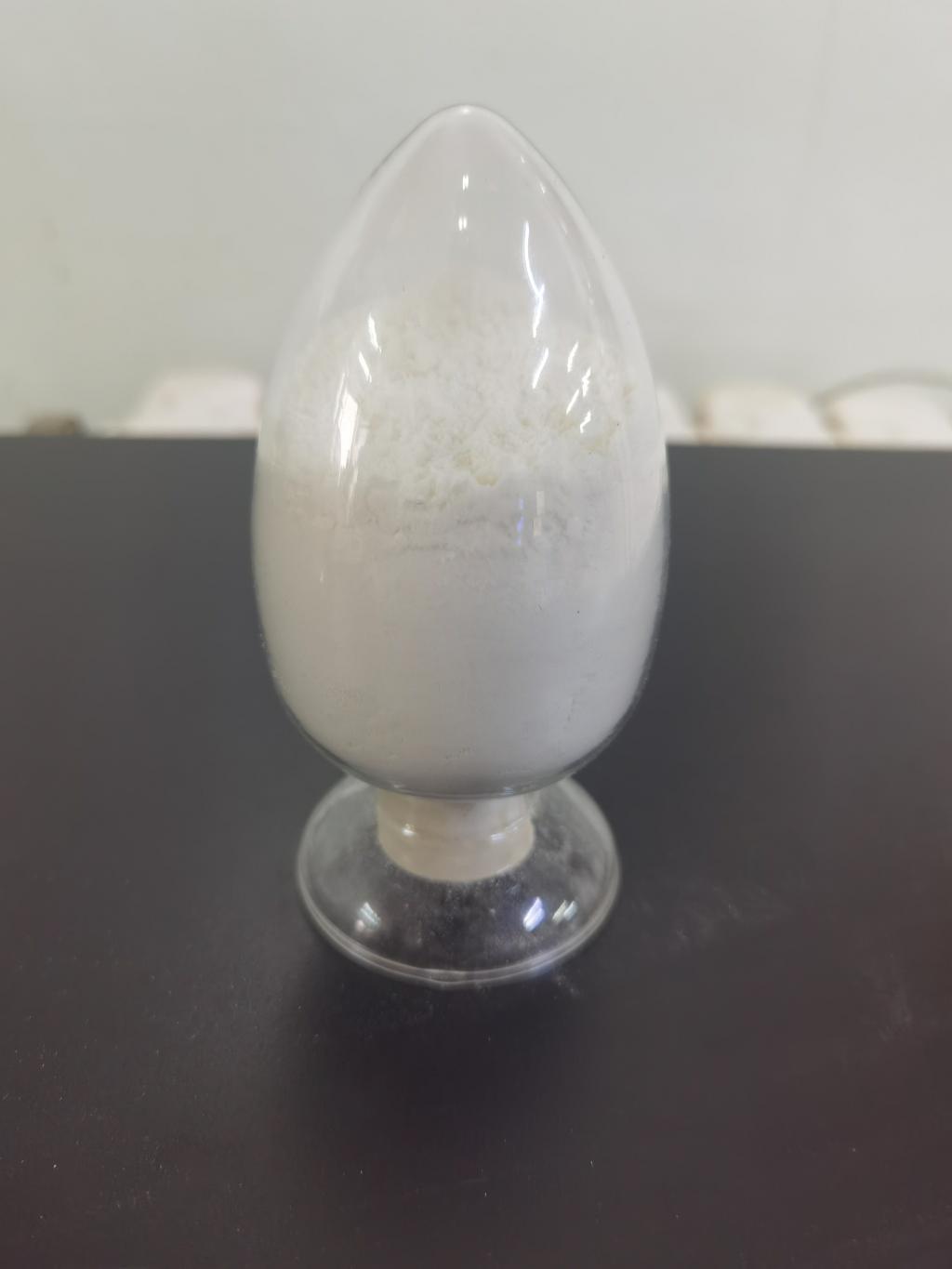Tel:+8618231198596

News
 CONTACT
CONTACT
 CONTACT
CONTACT
- Linkman:Linda Yao
- Tel: +8618231198596
- Email:linda.yao@dcpharma.cn
- Linkman:CHARLES.WANG
- Department:Overseas
- Tel: 0086 0311-85537378 0086 0311-85539701
News
Can ε-Polylysine hydrochloride be used in the preservation of plant-based or vegan food products?
TIME:2023-06-12
Introduction:
Plant-based and vegan diets are gaining popularity due to their perceived health benefits, environmental considerations, and ethical concerns. As the demand for these food products continues to rise, ensuring their quality, safety, and shelf life becomes crucial. Preservatives play a vital role in maintaining the freshness and stability of food items. However, finding suitable natural preservatives for plant-based and vegan products poses unique challenges.
ε-Polylysine hydrochloride, a naturally occurring antimicrobial peptide, has shown potential as an effective and natural preservative in various food applications. This article examines the application of ε-Polylysine hydrochloride in preserving plant-based and vegan food products, taking into account its compatibility with the unique characteristics of these products.
Properties and Mechanism of Action:
ε-Polylysine hydrochloride is a cationic polypeptide composed of lysine monomers linked by peptide bonds. Its structure allows it to interact with microbial cell surfaces, disrupting their integrity and causing cell death. This mechanism of action extends to a broad spectrum of microorganisms, including bacteria, yeast, and molds.
One of the advantages of ε-Polylysine hydrochloride is its compatibility with plant-based and vegan food products. It is derived from natural fermentation processes and is biodegradable, making it an attractive alternative to synthetic preservatives.
Applications in Plant-Based and Vegan Food Preservation:
Fresh Fruits and Vegetables: Plant-based diets often include a variety of fresh fruits and vegetables, which are susceptible to spoilage caused by microbial growth. ε-Polylysine hydrochloride can be used as a natural preservative to inhibit the growth of bacteria and molds, thus extending the shelf life of these perishable items.
Plant-Based Meat Alternatives: The popularity of plant-based meat substitutes has surged in recent years. These products, made from plant proteins, are prone to spoilage due to their moisture content. ε-Polylysine hydrochloride can effectively inhibit the growth of spoilage microorganisms, helping to maintain the quality and safety of plant-based meat alternatives.
Dairy-Free Products: Vegan food products often include dairy-free alternatives such as plant-based milk, yogurt, and cheese. These products require preservation to prevent spoilage and maintain their texture and flavor. ε-Polylysine hydrochloride can be used to inhibit the growth of bacteria and molds in dairy-free products, thus extending their shelf life.
Vegan Baked Goods: Plant-based and vegan baked goods face challenges related to the growth of molds and other spoilage microorganisms. Incorporating ε-Polylysine hydrochloride can help prevent microbial contamination, ensuring the freshness and quality of vegan baked goods for a longer duration.
Benefits of ε-Polylysine Hydrochloride in Plant-Based and Vegan Food Preservation:
Natural and Sustainable: ε-Polylysine hydrochloride is a naturally derived compound obtained through fermentation processes. It aligns with consumer preferences for natural and sustainable ingredients, addressing concerns associated with synthetic preservatives.
Preserves Taste and Quality: Unlike some synthetic preservatives, ε-Polylysine hydrochloride does not affect the taste, texture, or aroma of plant-based and vegan food products. It helps preserve the sensory attributes, maintaining the quality and consumer acceptance of these products.
Extends Shelf Life: The antimicrobial properties of ε-Polylysine hydrochloride effectively inhibit the growth of spoilage microorganisms, extending the shelf life of plant-based and vegan food products. This reduces food waste and improves product availability.
Versatility: ε-Polylysine hydrochloride can be applied in various plant-based and vegan food products, including fresh produce, meat alternatives, dairy-free products, and baked goods. Its versatility makes it suitable for different preservation needs within the plant-based and vegan food industry.
Conclusion:
ε-Polylysine hydrochloride offers a natural and effective solution for the preservation of plant-based and vegan food products. Its antimicrobial properties, compatibility with plant-based ingredients, and sustainable nature make it a valuable alternative to synthetic preservatives. By extending the shelf life and maintaining the quality of these products, ε-Polylysine hydrochloride contributes to the growth and success of the plant-based and vegan food industry while meeting consumer demands for natural and sustainable options. Further research and development in its application will continue to enhance preservation methods and contribute to the overall sustainability of the food industry.
- Tel:+8618231198596
- Whatsapp:18231198596
- Chat With Skype







